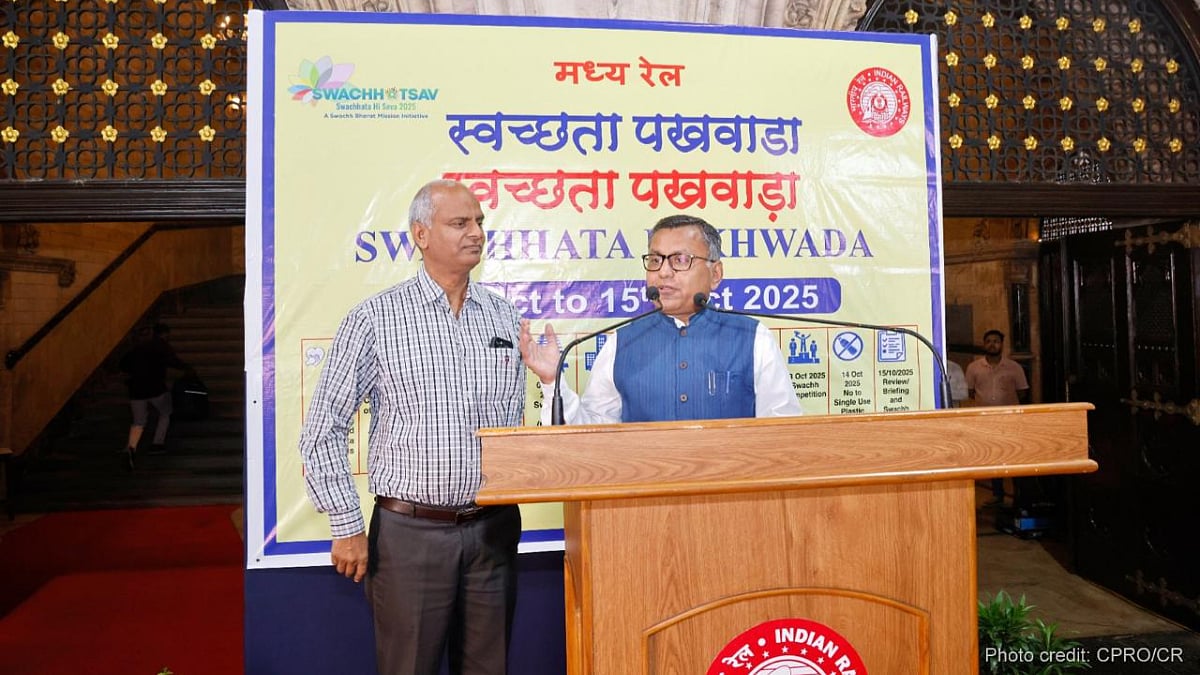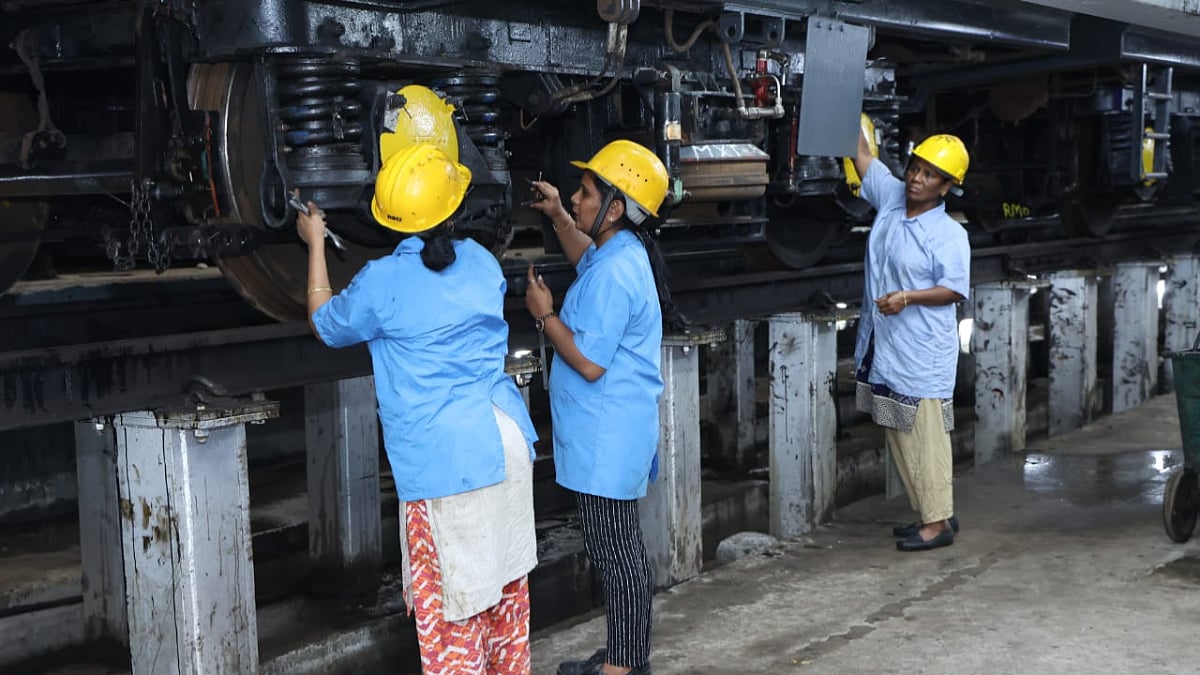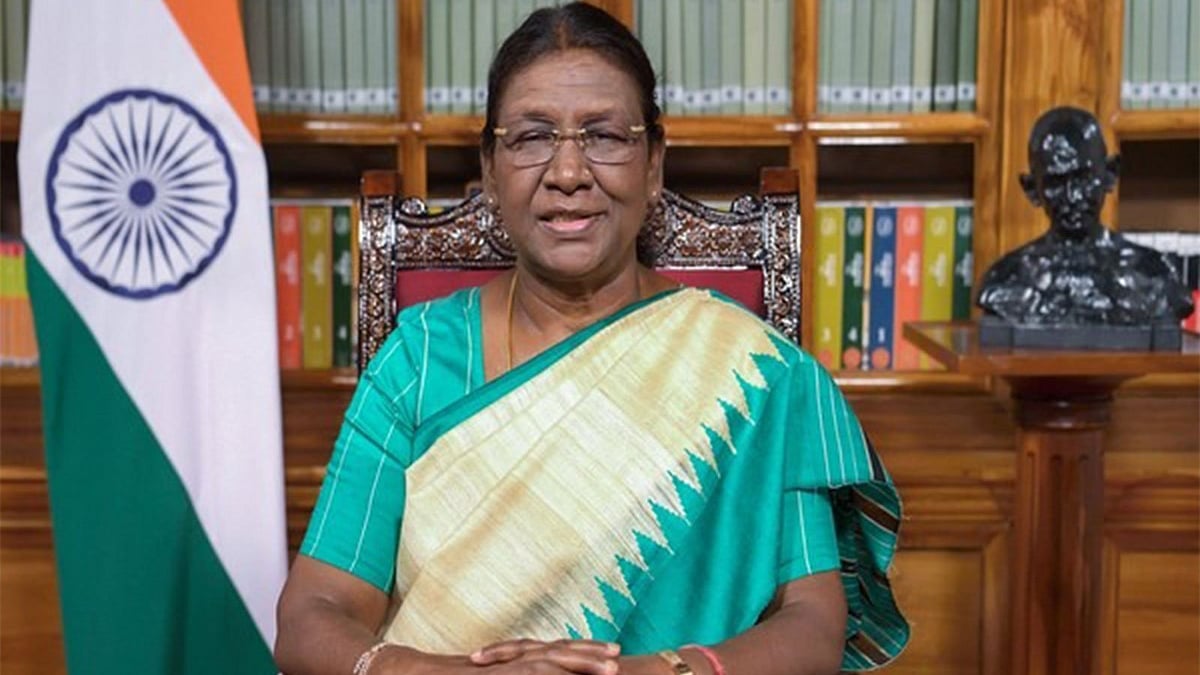The proposed move to overhaul the British era criminal justice system and bring it up-to-date is welcome. This was long overdue. Such a demand had been made often in the past but nothing was done to modernize the antiquated laws to bring them in tune with the present conditions in free India. Last week, Home Minister Amit Shah said in the Lok Sabha that the objective was to “simplify the complex procedures of IPC, CrPC and Indian Evidence Act, which led to a large number of pending cases in courts, low conviction rate, deprivation of poor and socio-economically backward communities in getting justice and overcrowding in jails due to large number of under-trial prisoners.” These are all laudable objectives and underline the flaws in the existing laws. But there is wide scepticism, and some of it justified, over whether the proposed changes would be able to achieve even partially some of the stated objectives. For, the justice delivery system will remain unchanged. So will be the enforcers of law and order and investigators and prosecutors. Nor will the courts sitting on a mountain of cases get easily unclogged.
However, this may not be time to pick holes in an exercise, however belated, which seems to be in the correct direction. The British-era and much-abused sedition law, for instance, is sought to be deleted from the statute book. However, some critics have noted that without calling it sedition, the proposed law widens the ambit of criminality entailed in endangering the sovereignty of India. “Acts endangering sovereignty” is a loose construction and would permit authorities to declare any act which does not meet their subjective approval to be endangering the sovereignty of the country. In keeping with the informational technology advances, the proposal to record depositions, including those of public servants and police officers, through videography may save time and also act against distortions later on by interested parties. Among the most welcome provision is the right of every citizen to record a First Information Report in any police station regardless of where the criminal offence may have been committed. Keeping in view the honour and dignity of citizens police officers can no longer handcuff suspects unless one is a habitual offender. In the past, it was common for the police to humiliate a person, especially if he or she happened to be a notable, to parade them handcuffed while taking them to police station.
Another provision seeks to deal with the problem of tens of thousands of undetrials clogging the prisons for want of someone to stand surety or pay fine on their behalf. The proposal to free them once they have completed half or one-third of the maximum punishment permissible under the sections for which they are tried is welcome. Keeping in view frequent complaints of women being sexually exploited on false promises of marriage, employment, etc, the Bill seems to make it a punishable offence. Likewise, hate speech, something unheard of when the laws were framed by the British, has been specifically made an offence punishable with a three-year prison term. Making it mandatory for the police to record the evidence at home of old and disabled persons or women of certain age, etc. too is to be welcomed. Compulsory video-recording of search and seizure operations will help prevent disputes arising from conflicting claims about the conduct of the raiding party and of those raided.
The new criminal reform bills which seek to replace the Criminal Procedure Code, Indian Penal Code and the Evidence Act, all three of 1860-70 vintage, carry new names which demand some effort to recall. For Bharatiya Nagrik Suraksha Sanhita, Bharatiya Nyaya Sanhita and Bharatiya Sakshya Adhiniyam has also altered the age-old sections for some of the more notorious, shall we say, popularly known crimes. For example, section 420 of the IPC for cheating and fraud is replaced by section 316 of the new code. Likewise, section 302 for murder has been moved up to section 101; and section 144 for unlawful assembly of five or more people has now become section 187. Meanwhile, from the initial response of the domain experts it seems there still are flaws in the proposed changes. Hopefully, the Parliamentary select committee will consider the wide-ranging opinion of experts and common people alike before firming up the proposed Bills for passage. Nothing will be lost if the proposed changes, work on which had begun two years ago, incorporate well-meaning suggestions from the domain experts, such as the lawyers, former judges, police officers, and others conversant with the working of the justice delivery system.











